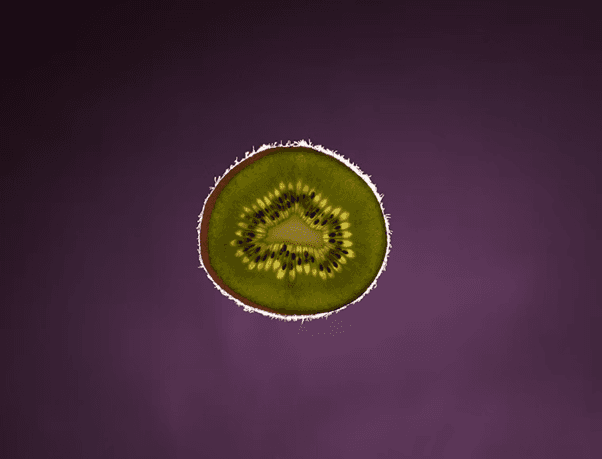West Nile Virus Detected in Philadelphia: Health Officials Urge Public Precautions

Virus Found in Mosquitoes Near Pennypack Park
Philadelphia health authorities have confirmed the presence of West Nile virus in mosquitoes found near Pennypack Park in Northeast Philadelphia. The city’s Department of Public Health, which conducts regular surveillance, detected the first infected mosquitoes of the season, leading to a health advisory issued to medical professionals on July 7.
This advisory urges healthcare providers to be alert for symptoms of West Nile virus and test for the disease where necessary. Medical personnel are especially advised to test patients showing unexplained neurological symptoms like brain or spinal cord inflammation. Any suspected or confirmed case must be promptly reported to the city’s health department.
Healthcare Providers Advised to Educate Patients
Doctors and nurses are also being asked to educate patients about protecting themselves from mosquito bites. This includes people who work outdoors or are traveling to subtropical and tropical regions where mosquito-borne illnesses are more common.
Most people bitten by infected mosquitoes don’t develop symptoms. Emily Kehoe, the city’s vector-borne disease surveillance coordinator, noted that fewer than 1% of those infected will become seriously ill. However, in rare cases, severe illness can lead to death. About one in ten people with severe cases die.
Symptoms and At-Risk Populations
According to the Centers for Disease Control and Prevention (CDC), about 20% of infected individuals develop flu-like symptoms including fever, rash, diarrhea, vomiting, fatigue, joint pain, and body aches. In extreme cases, the virus can lead to encephalitis or meningitis, both of which involve inflammation of the brain or its protective membranes. Older adults and people with weakened immune systems are at higher risk for these complications.
There is currently no vaccine or specific medical treatment for West Nile virus. Recommended care includes rest, hydration, and over-the-counter pain relief. Most people recover fully with supportive care.
Philadelphia’s History With West Nile
Between 2020 and 2024, Philadelphia reported four to nine cases of West Nile virus with neurological symptoms each year. At least one case each year resulted in death. So far in 2025, there are no confirmed human cases in the city, according to Kehoe.
The virus is part of a broader group of mosquito- and tick-borne illnesses known as arboviral infections. These also include Powassan virus and Jamestown Canyon virus. Powassan was first detected in black-legged ticks in Philadelphia in 2019, and Jamestown Canyon virus appeared in Pennsylvania mosquitoes beginning in 2023. While these infections remain rare, the health department continues to monitor them.
Precautions for Residents
Health officials expect to find more infected mosquitoes across other parts of the city as testing continues. Residents are urged to take precautions:
- Use EPA-approved repellents with DEET, picaridin, or oil of lemon eucalyptus.
- Wear long-sleeved shirts and pants outdoors.
- Install tight-fitting window and door screens.
- Remove standing water around homes to reduce mosquito breeding sites.
- Report mosquito problems to 215-685-9000.
- Report dead birds to the Pennsylvania Game Commission at 833-742-9453.
Pennypack Park, where the infected mosquitoes were found, covers around 1,600 acres of green space in the Holme Circle neighborhood.
Business News
How Fashionphile Founder Built a Luxury Resale Empire from eBay to Millions
How Executives Can De-Risk Payment Operations in Regulated Industries
Why Your Engine Air Filter Plays a Bigger Role Than You Think
Phoebe Gates-Backed Startup Secures US$30 Million Investment to Fuel AI Shopping Platform
Anthropic’s AI Bubble Warning: A Call for Caution in the Hype-Driven Race




















